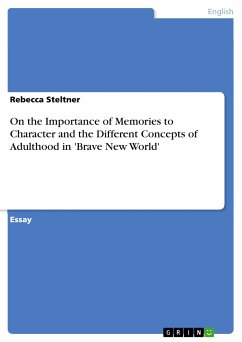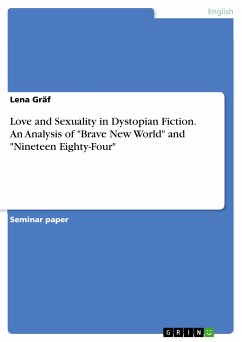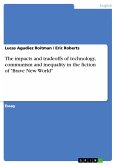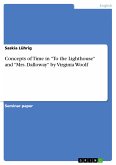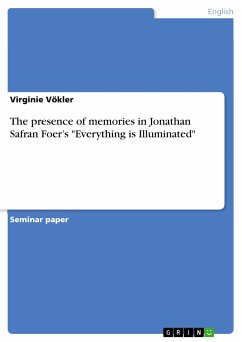Essay from the year 2000 in the subject English Language and Literature Studies - Literature, grade: A, University of Kent, course: Truth in Fiction, language: English, abstract: Of all questions that Aldous Huxley’s 'Brave New World' (BNW) raises, I have chosen to analyse the role of memories and past within the society described. This will lead to the questions of what the qualities of adulthood really are, and why the character of Bernard Marx doesn’t feel like an adult. These themes are most present in chapter 6, but to present the whole topic, I will also quote from other chapters. First of all, I will need to quickly introduce to you the perception of character and individuality in BNW. One quote summarises it all: “‘Characters remain constant throughout a whole lifetime’”,(p.80, ll. 1,2). But how is this character achieved in the first place, if there’s no development? – Only through conditioning! The character is made! It’s artificial, yet we cannot deny that it’s there. Therefore the question should rather be: Can a character that doesn’t evolve be real? Aren’t development or simply change it’s most important aspects? We would immediately know, what to answer, but to the inhabitants of Brave New World, even the question must seem ridiculous, because they do not celebrate individuality. Even the Alphas only have a limited amount of free will and they do not differ much from each other, neither in appearance, nor in personality. This is because their aims are all alike. As the examples of Bernard and Helmholtz show (who are both considered exceptional individuals), individuality is a mere nuisance to those living in BNW. This may be due to the fact that character has no influence on life whatsoever career and social activities are imposed on them and there is no room for choice according to one’s likings. Also, to others, character doesn’t matter, only the ability to consume happiness is of importance. The individualist part of the human nature is completely denied as the following quote shows: “[…] for doing things in private. Which meant, in practice, not doing things at all.”, (p.116, ll.5f).

